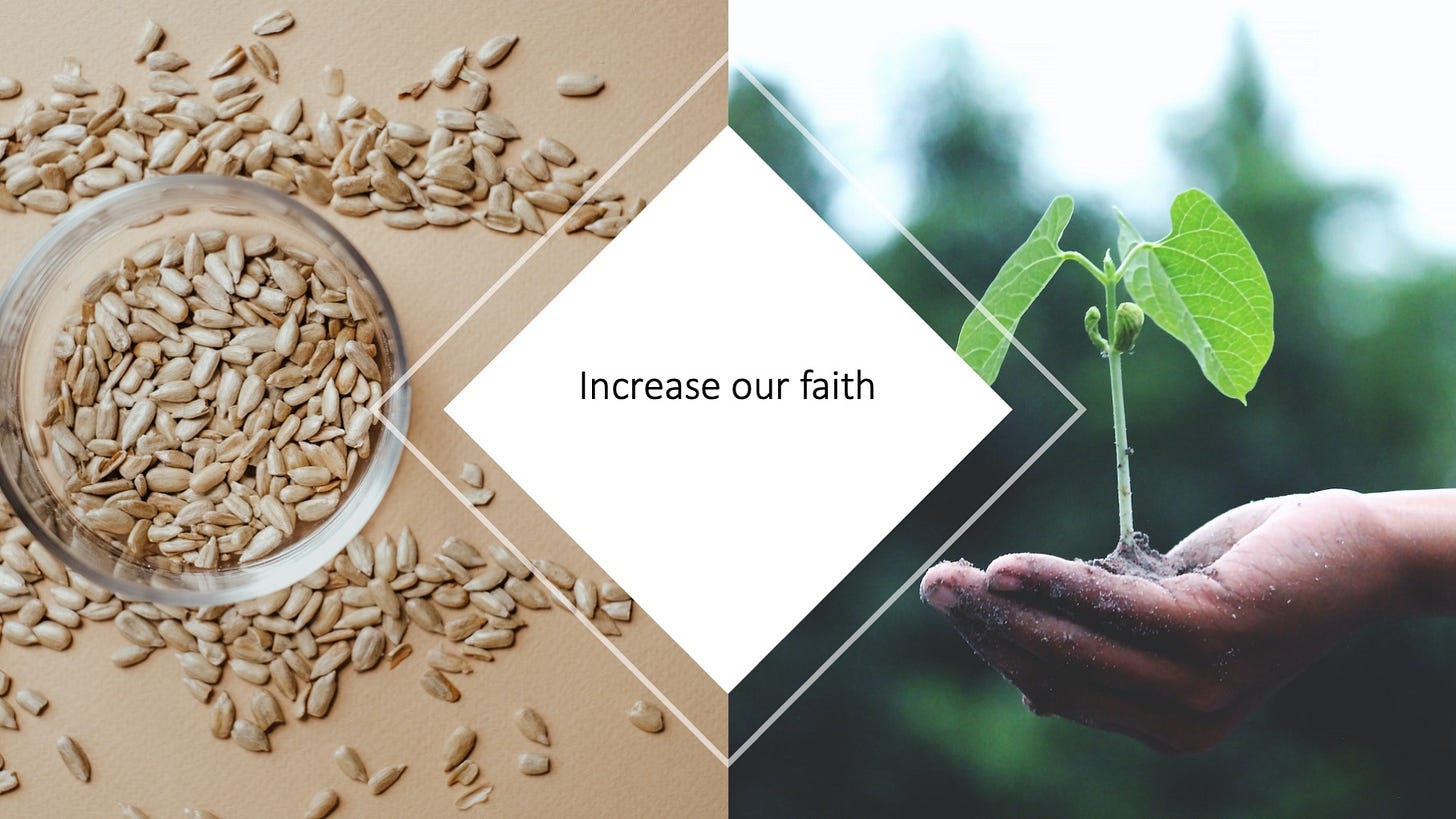Jesus’ first sentence in today’s Gospel that “things that cause people to stumble are bound to come, but woe to anyone through whom they come” reminds us of Jesus’ similar words during the Last Supper: “The Son of Man will go just as it is written about him. But woe to that man who betrays the Son of Man!” (Matt 26:24).
The Greek word that is translated in today’s Gospel as “stumbling block” gave us the words: scandal and scandalise. Why certain people fulfil the role of being a stumbling block and why it was Judas who fulfilled the role of the traitor remains a mystery. I presume no one wants to cause others to stumble and that Judas at the moment of his election as one among the Twelve Apostles had no plans to betray Jesus. And so something must happen along the way of life that transforms some into stumbling blocks and traitors.
Jesus continues stating that it would be better to die than to cause others to sin and better not to be born than to betray Christ. Those are strong words aimed at preventing us from choosing the wrong way. Unfortunately, there were and are many people scandalised by the anti-testimony given by Christ’s disciples. The Catechism of the Church mentions “the scandal of bad example on the part of believers” (CCC, 29) as one among many causes of atheism. So how to avoid being such a bad example?
“Lord, increase our faith”. Upon hearing such strong words about scandals and being told to forgive wrongs, the apostles ask Jesus to increase their faith. Jesus tells them that the measure of faith that they have is enough to make the impossible happen. They just need to put it into practice. And what are those impossible things? Uprooting black mulberry tree? Of course not. That is just a parable. The impossible things that their faith in God can make happen are to avoid being a cause of scandal for others, the courage to reprove others for committing sin, and being able to forgive multiple times, even those who persecute them.




